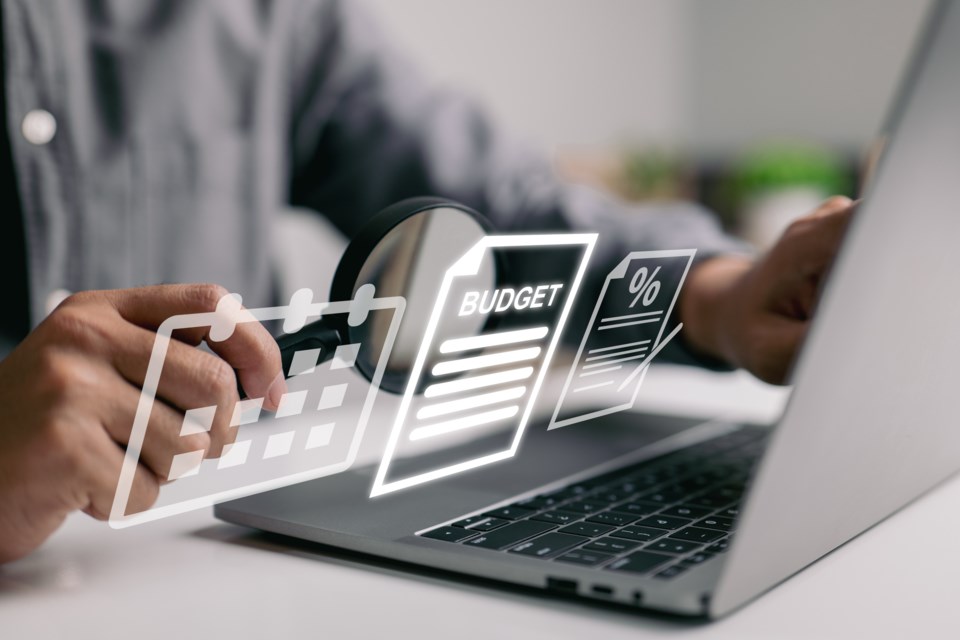Maryland lawmakers have finally reached an agreement on a modified tax increase for online sportsbooks, reducing the originally proposed 30% rate to a more acceptable 20%. The revision was part of Governor Wes Moore’s budget framework and demonstrates how lawmakers are trying to balance state revenue while still keeping the betting industry competitive.
The initial proposal was announced in January and sought to double the current 15% rate imposed on online sportsbooks. This announcement, as expected, faced serious industry pushback. Moore’s administration argued that the rate increase will bring Maryland in line with neighbouring states and could generate funding for public services like education and law enforcement.
However, with the concerns from both operators and other legislators, a compromise was reached through discussions in the House of Delegates’ Ways and Means Committee.
The revision will still result in a higher tax burden for Maryland's sportsbooks. However, it is considered more manageable by industry stakeholders. The adjustment mimics recent shifts in other states, including New Jersey, Illinois and Ohio, where tax rate proposals have also sparked debate about the sustainability of sportsbooks.
Maryland sports betting was legalized late in 2021 and has already contributed $150 million to support education with the current 15% rate. The new tax structure will ensure a steady revenue stream while avoiding the risk of preventing market growth. The market will likely continue to grow with the new tax rates and sportsbooks accepting crypto. Along with other digital payment methods, these options are expected to grow in popularity as operators seek ways to offset the financial impact of the tax hike. These platforms offer quick and anonymous payment options through supported blockchain networks.
The agreement is timely, as there is currently a national discussion on sportsbook taxes and many states are considering similar hikes. Although high tax rates will increase state revenues, they will also force operators to consider alternative business models or to leave certain markets. Industry analysts have warned that excessive taxation will harm consumers by leading to fewer promotions, unfavourable odds and less market competition.
There are mixed reactions to the revised proposal from industry leaders. Some acknowledge the inevitability of increased taxes, while others are concerned about the impact on smaller operators. Derek Baker, co-founder of Crab Sports, said a high tax could negatively affect smaller operators and limit their ability to offer bonuses, rewards and promotions.
Major sportsbooks like DraftKings and FanDuel have also cautioned that tax hikes will ultimately be passed down to the consumers, leading to less favourable odds and fewer promotions. However, these larger operators will likely be better able to absorb the increased costs, whereas smaller sportsbooks may struggle to remain operational under the new tax regulations.
Governor Moore’s office has defended the need for the tax hike as an attempt to tackle Maryland’s $3 billion budget deficit. A statement from the governor’s office reaffirmed their commitment to a budget that prioritizes economic growth, middle-class relief and investment in public services. Moore said on X:
“Under this agreement, 94% of Marylanders will either get a tax cut or see no change in their income taxes. And, yes, we’re asking those who have done exceptionally well to pay more to support the best schools in the country, our law enforcement and our firefighters.”
It is likely that the final tax structure will still be revised before implementation. Delegate Wayne Hartman suspects it will be somewhere around 20% but noted that the exact figure is yet to be determined.
Sportsbook operators are preparing for these changes, with many already considering how to amend their operating strategies should the tax hikes be implemented. These strategy amendments may include increased marketing efforts, adopting new cost-efficient technology or new financial models.
The situation in Maryland may also act as a case study for other states that are considering similar tax hikes while policymakers balance the economic benefits against the impact of increased taxation on the industry.
DISCLAIMER: The information presented on this page/site is intended for entertainment purposes only. Please be aware that gambling entails inherent risks and it's crucial to acknowledge this when utilizing online gambling platforms.
This sponsored content has been paid for by our sponsor and does not reflect the reviews and recommendations made by The Reminder staff.




